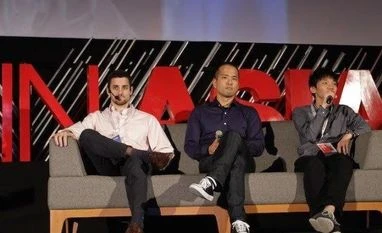Why is it that Tokopedia, one of Indonesia’s most established ecommerce marketplaces, calls its employees “Nakama” – the Japanese word for “friend”?
Tokopedia’s founder William Tanuwijaya isn’t Japanese. He didn’t study in Japan, either. But in 2009, when Tokopedia was still young, Indonesia’s ecommerce industry nascent, and venture capital sparse, it was the Japanese ecommerce company Beenos that invested in Tokopedia.
More Japanese money and mentorship followed along with investments from CyberAgent and Softbank Capital. This led William to adopt some Japanese values in the way he built Tokopedia. The “Nakama” are a relic of that influence.
But it’s not just Tokopedia. Japanese investors have been putting their money into Indonesia’s digital economy across the board, and were among the first to do so.
At Tech in Asia Jakarta, three VCs explored the phenomenon: Teruhide Sato of Beenext (the investment company Teruhide created after Beenos), Steven Venada of CyberAgent, and Teddy Himler representing SoftBank-Indosat fund.
Natural progression
More From This Section
Teruhide, or Teru, as he prefers to be called, offered a few simple answers for the phenomenon of Japanese money in Indonesia.
“For us, we knew that for China it was too late, and Indonesia comes next,” he explained. He said that Indonesia’s large, young population and potential for economic growth are obvious factors that make the country interesting for investors.
“Look at what happened in China with Alibaba just a few days ago. $14 billion in transactions in one day,” Teru continued, alluding to the record-breaking sales volume during singles day. “And what comes after China? It’s India or Indonesia. We said to ourselves, we can’t miss this. Japanese companies aren’t growing, so re-allocating cash-flow comes naturally.”
This is an excerpt from Tech in Asia. You can read the full article here.
)